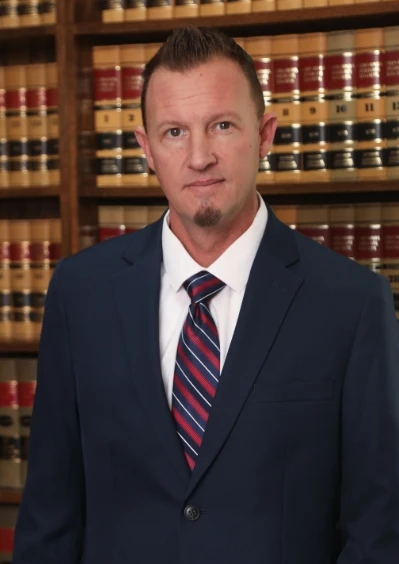Defending a Child Custody Modification Request in California
Child custody orders in California divorce cases are not by any means permanent in the true sense of the word. The family courts in California have wide discretion to make custody orders based on the best interest of the child, a standard which considers manner facts. Once a family court makes final or permanent orders, those orders stay in place and are otherwise unchanged unless by agreement of the parties, age of maturity of the minor, or further court order. Even if the court orders are considered final or permanent custody orders, a parent may seek to modify a permanent custody order by showing a significant change of circumstances to justify modification of the custody order. Montenegro v. Diaz (2001) 26 Cal.4th 249, 256. The change of circumstance standard requires the parent to show that a different custodial arrangement is in the best interest of the child.
Until the child becomes of legal age, either parent has the right to file a request to the court in order to modify an existing custody order. Seeking a child custody modification can include an arrangement that was reached during the parents’ settlement or informal agreement. Family courts understand that the circumstances in each parent’s life can change and this can affect what is in the best interest of the minor.
Reasons to File a Request to Modify a Custody Arrangement
When the parents of a child cannot reach a new custody arrangement, one of the parents will need to file a request in court to modify the existing order. If the existing order is not a permanent or final order, the requesting parent only needs to establish what arrangement is in the best interest of the child. However, if the existing orders are expressly permanent or final orders, the requesting parent will need to show that there is a significant change of circumstances that a different custody order would be in the child’s best interest. Common reasons to request for a new child custody arrangement include the following:
- At least one of the parents is failing to adhere to an existing visitation plan
- One of the child’s parents is moving to a new location that affects the visitation schedule
- One of the parents is abusing drugs and/or alcohol
- One of the parents is emotionally unstable or is subjecting the minor to either emotional or physical abuse
- One of the parents has undergone a significant change in his or her financial situation affecting the suitability of the living conditions and/or care of the child
Opposing a Custody Modification Order
Once a child custody modification request has been filed, a hearing will be set. In the hearing, the opposing parent will have the opportunity to explain to the court why he or she opposes the change. The family law judge will need to determine whether the modification request is warranted.
Parents who oppose the change in the existing child custody order will need to respond to the request for modification. By ignoring the hearing, a default can be entered against the opposing parent and a judge can make a decision without hearing that parent’s side.
Child Custody Recommended Counseling and Evaluations
Prior to the hearing on the request to modify a child custody order, the family courts will have the parents attend a Child Custody Recommended Counseling (CCRC). The CCRC is an opportunity for the parents to meet and discuss the custodial issues with a Child Custody Recommending Counselor who will assist the parents in either coming to an agreement. If the parents cannot come to an agreement, the counselor will prepare a recommendation to the family court as to the custodial arrangement. At the hearing on the request to modify a custody order, the judge will consider the request and opposition of the parents, the recommendation and make custody orders. The parents can also request a trial on the matters.
In certain custody cases, the parents may require a custody evaluation to assist them in determining the health, safety, welfare, and best interests of children with regard to disputed custody and visitation issues. The evaluator is a court-appointed expert. The evaluation may be full or partial, depending on the complexities of the issues involved, the comprehensiveness of the evaluation needed and limitations on the scope of the evaluation. Once the evaluation is complete, the evaluator’s report is provided to the court to be used at the time of trial. At trial, the parents will have an opportunity to be heard and challenge findings and/or recommendations made in the report, including to have rebuttable expert to contest the findings and/or recommendations.
Schedule a Consultation with an Experienced Family Law Attorney Today
Requesting a child custody modification can be a challenging process. With the support of an experienced family law attorney, concerned parents can have the necessary guidance throughout the process with the best opportunity at achieving a successful outcome.
To obtain a complimentary custody case consultation with the dedicated team at the Knez Law Group, LLP, call (951) 742-7681 or fill-in the confidential online form today.

Matthew J. Knez graduated from the University of Redlands in California with a Bachelor of Arts degree in Creative Writing. He then pursued his law degree at the University of La Verne College of Law in Ontario, California, where he earned various awards, including the CALI Award in Torts, and was on the Dean’s List. During his time in law school, Mr. Knez was a member of the Justice and Immigration Clinic, working with individuals seeking asylum in the United States from countries where they faced persecution or threats of persecution. Additionally, he was an Associate Editor for the Law Review and published an article on California family custody move-away cases. Learn more here.
